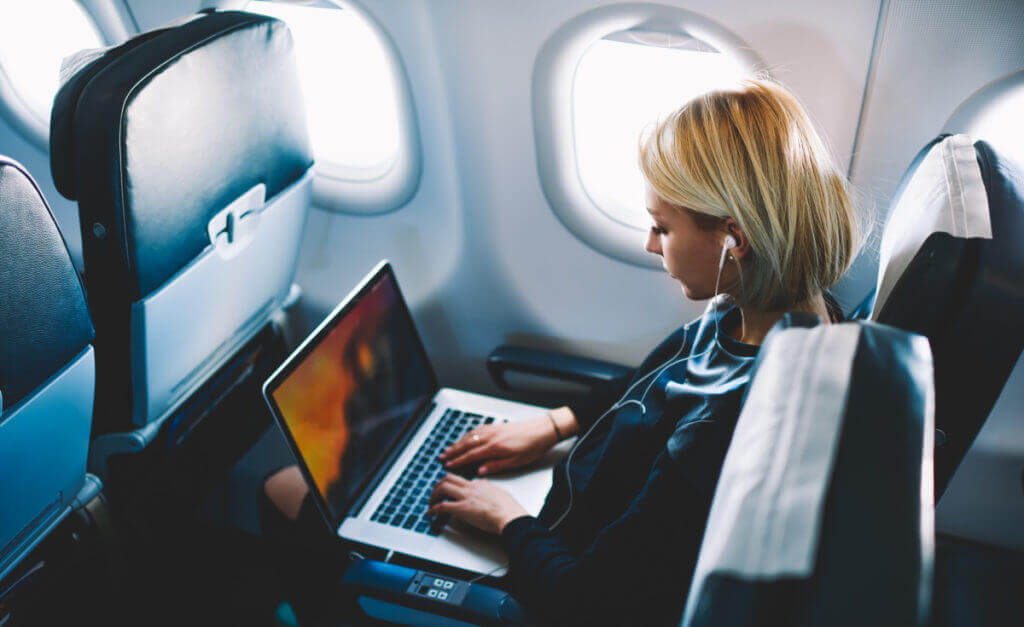
The future of the inflight connectivity industry is bright, with a growing number of airlines seeking to digitise their inflight experience in order to stay relevant. This demand is driving a real step-change in terms of the quality of connectivity on offer.
Research has identified a market of 450 million passengers currently unengaged with traditional airline loyalty schemes, who could be driven to switch allegiance for high quality Wi-Fi up in the air. The study has estimated that this can drive a whopping $33 billion share shift – equivalent to 6% of total market share – that can create enormous opportunities for airlines adapting to what Walters refers to as the “always-on” passenger behaviour.
“Adopting a retail mindset”
Vastly changing passenger demographics paired with the growing appetite for connectivity on the ground is driving expectations for a connected and personalised inflight experience.
And so, to stay relevant in this competitive landscape and future-proof themselves, airlines must adapt to the behaviours and expectations of today’s passengers in the digital world. While many airlines, such as Qatar Airways, Norwegian and AirAsia, to name just a few, are stepping up their connectivity efforts, there is still much scepticism whether investments in connectivity today will stand the test of time. We spoke to Dominic Walters, Vice President Marketing Communications & Strategy, Inmarsat Aviation
Walters explains: “In any industry, you need to innovate in order to grow. For inflight Wi-Fi to be worth the investment, it’s critical that airlines adopt a retail mindset and explore the full potential of a connected flight.
“Connectivity has been the heart of digital transformation on the ground in the past decade, and now that we’re able to connect the skies in the same way, there are so many possibilities to improve passenger experience and unlock new revenue streams.”
Walters also emphasised the power of data and echoed the sentiment that “data is the new oil”.
He continued: “The value of the data that passengers are giving from the booking process, during the flight, and after, is a valuable asset for airlines to generate revenue – whether through targeting offers to passengers based on their route or past preferences, or serving premium content based on viewing behaviour.”




